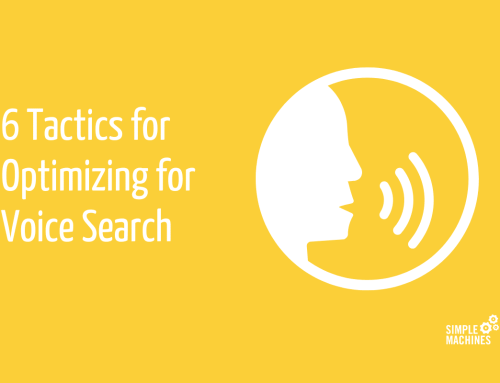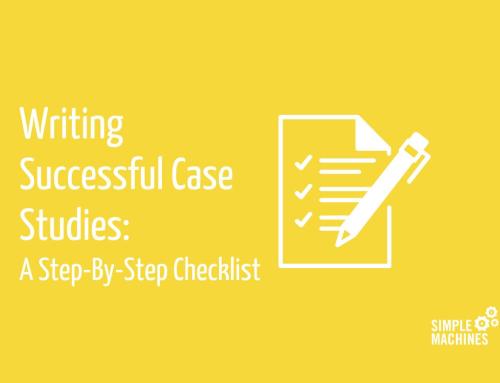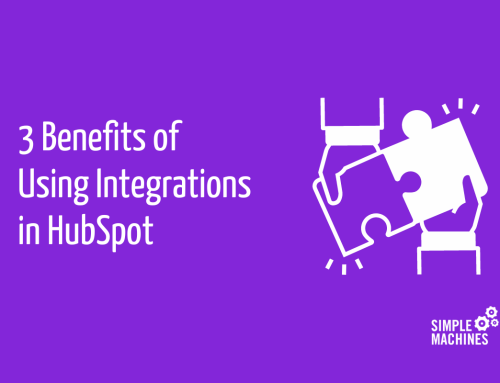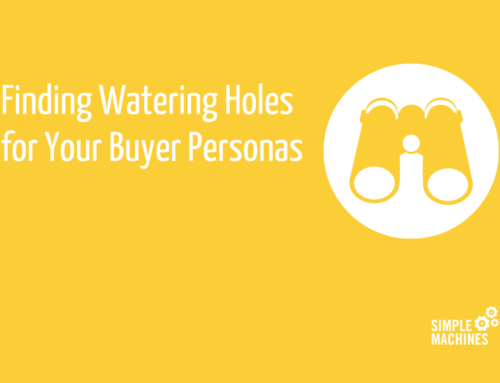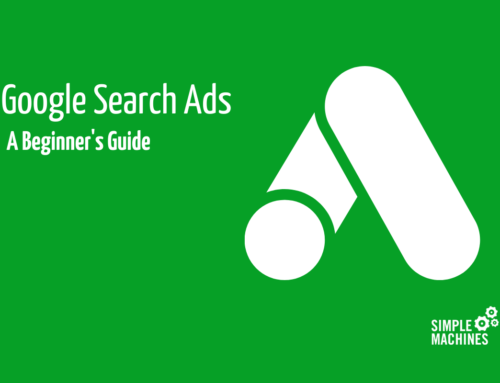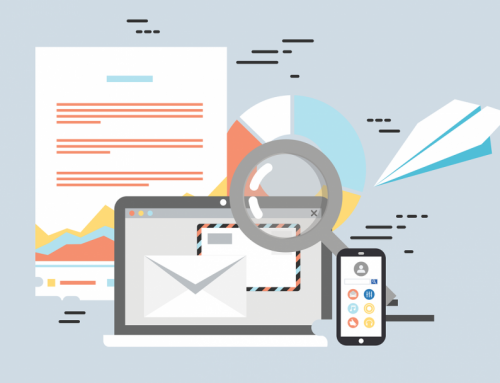
So, where should you run your campaign? Before you start comparing the ad platforms, you must consider who you want the ads to reach, how you want them to reach it, and the ultimate goal of the campaign.
Take the following examples:
- You are an online retailer that sells clothing to women in the 18-35 age bracket. Because your business is similar to others in the market, you hope to reach these women through a digital “word-of-mouth” type approach that suggests they might like the company – even if they aren’t searching for clothing retailers. Your goal is to drive sales on your site.
- You own a moving company for people living in Chicago. You want to target those searching for a moving company, with the ultimate goal that they call or email to request a quote.
Those two examples present different needs, and therefore, opportunity for more success on differing ad platforms. Here’s what should be considered for each option:
Google AdWords
AdWords is the most commonly used PPC tool, and with good reason: in 2014, Google claimed 68.75% of global search engine share. It makes sense to go where the people are.
AdWords is a logical choice when you’d like to target someone who is actively searching for a product or service your business offers (like moving companies in Chicago). However, be aware that getting your ad to a high position may be difficult and come at a relatively high cost, due to the number of other ads you’ll be competing against.
You should use AdWords if: you are looking to reach the largest share of search engine users who are actively looking for information, and are prepared for competition that may increase your costs and/or earning a high average ad position more difficult.
Bing
In many ways, the Bing ad network is similar to AdWords, in terms of the ad creation & management interface, ad targeting, and how the ads look. Like AdWords, Bing is a good choice for advertisers who want to reach people who are already actively seeking information that is related to their product or business. Bing ad copy is one line long and has a slightly longer character limit than AdWords, but the live ad looks so similar to AdWords ads that you might not have even realized there was a difference.
Bing ads actually run on two search engines: Bing and Yahoo. Yahoo holds 6.73% of global search engine share, and Bing holds 5.5%. Don’t let their relatively small share scare you away, as there are a number of reasons to use the Bing ad network for your PPC campaign:
- Because they receive less traffic, there is less ad competition. This means it is usually easier to score a higher average ad position – and often at a lower CPC than on AdWords.
- Bing is the default search engine in Internet Explorer; Yahoo is the default search engine in Firefox. These two default search engines represent a small (relative to Google) but mighty group of people who will always use Bing for the queries.
- Internet Explorer users are more likely to be females over the age of 45 – if you extrapolate this data to assume it is true for Bing searchers, it may be helpful in terms of targeting.
You should use Bing if: you are looking to reach people who are actively searching for information and either don’t want to compete as much as you would need to with AdWords or want to increase your reach by using Bing as an add-on to your AdWords campaign.
The most important thing to consider about Facebook PPC ads is that your target audience isn’t actively searching for information. Facebook ads are presented alongside content from friends, family and liked pages – meaning that your audience isn’t as receptive to advertising as they are while using a search engine. However, what Facebook does present is a way to frame your ads in terms of how it relates to the interests of your friends and the ability to make ads more interesting. It also makes targeting easier, as you are able to get very specific – one of the most useful targeting options is the ability to serve your ads to people who have stated interests already on the website. Facebook is a great option for the online clothing retailer looking for a more word-of-mouth approach of introducing their store to women who may not be actively seeking clothing relaters.
What do Facebook ads offer that AdWords and Bing don’t?
- Ability to be incredibly specific with your demographic targeting: everything from location and age to hobbies and profession to estimated net worth and income are available as targeting criteria.
- Option to advertise to people based on interests they’ve listed on the website.
- Ability to include rich media (photos and video) in your ads to make them more appealing.
You should use Facebook if: you won’t be able to easily drive traffic from search engine users, have very specific targeting needs, or will have increased success with the ability to include rich media in your ads.
Remember that these three PPC networks don’t require you to choose one over the other: if your budget allows it, AdWords, Bing and Facebook and be complimentary components of your ad campaign that can help reach different segments of your market. These also are only a handful of many websites that offer PPC options – in fact, many social platforms are increasingly gaining relevance as marketing channels. If you are looking to test out another ad platform, Pew offers helpful demographic information about the most popular social networks that should help aid in your decision making process. By taking into consideration those demographics, while also comparing the capabilities similar to how we outlined the abilities of AdWords, Bing and Facebook, you’ll be able to pick the perfect advertising platform for your campaign.

